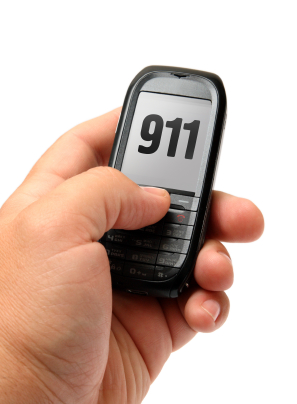The FCC has adopted new rules governing the accuracy of location information provided by wireless carriers to public safety answering points (PSAPs). While the rules require accuracy requirements be met at a more granular level, they provide broad exclusions for carriers deploying a network-based solution who are unable to triangulate. The rules impose additional burdens, however, including new filing requirements and the provision of confidence and uncertainty data on a per-call basis to requesting PSAPs.
The FCC has finally recognized the harsh realities of providing network-based E911 service in rural environments. Wireless carriers seeking to exclude portions of their network from Phase II obligations need to begin assessing the capabilities of their networks. Wireless and wireline carriers and other affected entities should examine the new requirements related to the provision of confidence and uncertainty data to ensure that they are not unduly burdensome.
The new rules provide welcome relief to carriers who face impediments to achieving the FCC’s desired location accuracy and should minimize the number of carriers that need to seek formal waiver relief. Nonetheless, the standards for qualifying for an exclusion from the accuracy standards for network-based and handset-based Phase II accuracy requirements contain enough ambiguity that the exclusion process may not be as simple as the FCC believes.
RTG’s carrier members should begin now to assess their networks and service areas to determine which areas will require exclusion filings.
Contact James Mardis for an RTG Briefing on these new E911 Rules.

